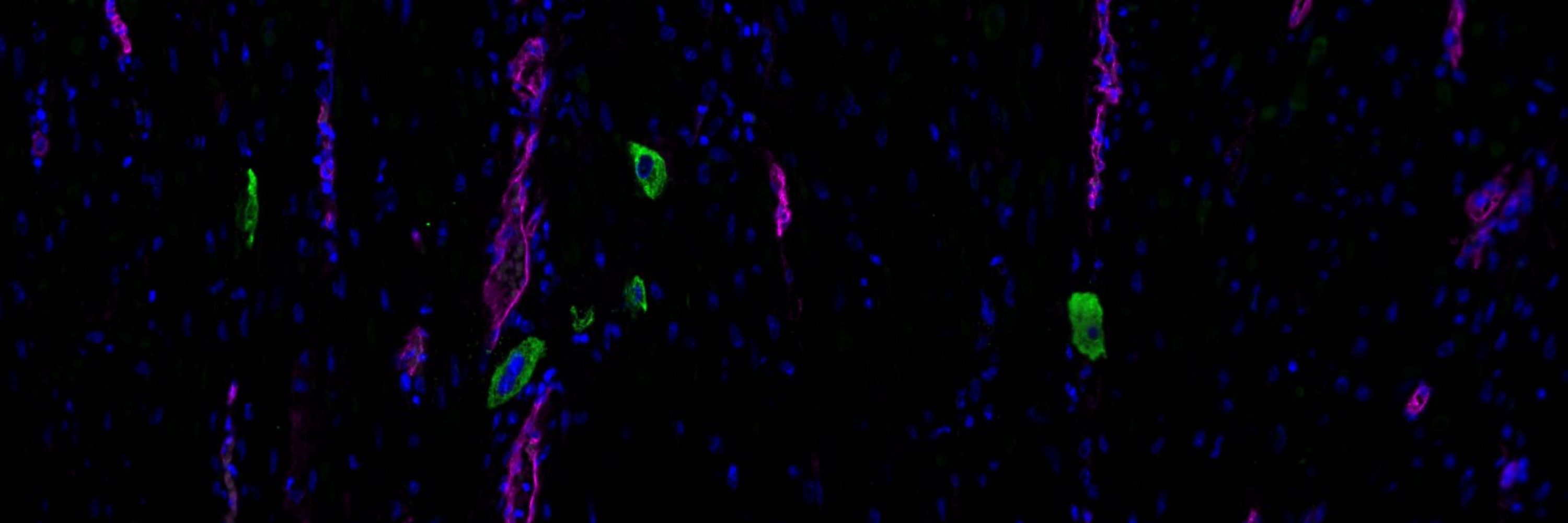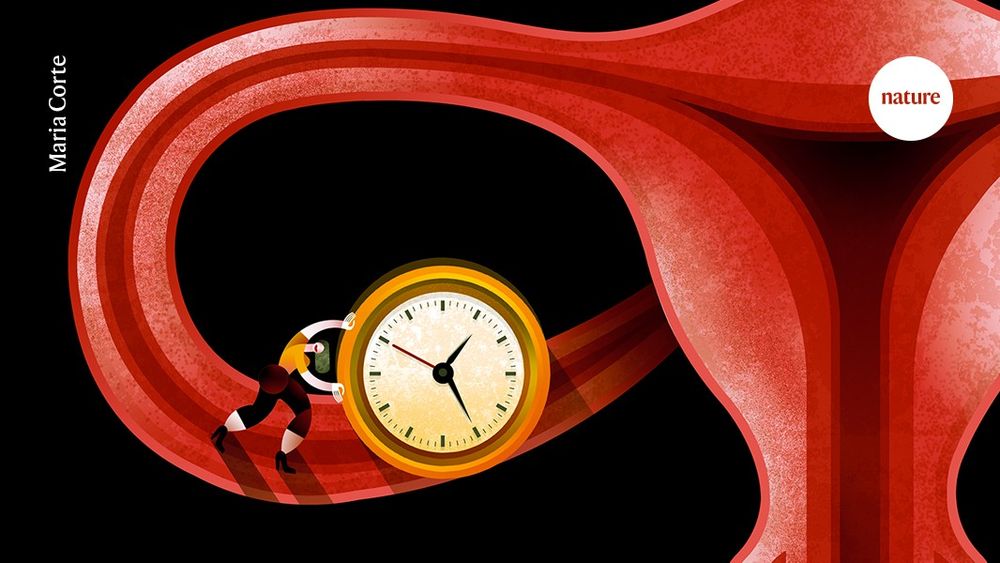
@ailackner.bsky.social
studying human reproduction at stanford
(Angelo Lab)
(Angelo Lab)
Reposted
New paper from the lab🎈. Introducing Micro Immune Response On-chip (MIRO), a device that replicates tumors and their microenvironment to better understand responses to immunotherapies (cyan=immune cells, red=cancer, green=CAFs).
www.nature.com/articles/s41...
@ibecbarcelona.eu
www.nature.com/articles/s41...
@ibecbarcelona.eu
February 7, 2025 at 11:46 AM
New paper from the lab🎈. Introducing Micro Immune Response On-chip (MIRO), a device that replicates tumors and their microenvironment to better understand responses to immunotherapies (cyan=immune cells, red=cancer, green=CAFs).
www.nature.com/articles/s41...
@ibecbarcelona.eu
www.nature.com/articles/s41...
@ibecbarcelona.eu
Reposted
Few medical options are typically presented to people going through menopause, but t outlook for managing it is now starting to change. A feature in Nature outlines the emerging therapies, which includes a relook at hormone replacement therapy. #Medsky 🧪

The new science of menopause: these emerging therapies could change women’s health
Researchers are exploring how to prolong ovarian life and revisiting hormone replacement therapy — a once routine treatment that has fallen out of favour.
go.nature.com
January 25, 2025 at 9:21 PM
Few medical options are typically presented to people going through menopause, but t outlook for managing it is now starting to change. A feature in Nature outlines the emerging therapies, which includes a relook at hormone replacement therapy. #Medsky 🧪
Reposted
New platform, same mission: representing you, listening to you.
Follow for updates, insights, and debates from your Parliament - and be part of the conversation about the future of democracy 💬
Follow for updates, insights, and debates from your Parliament - and be part of the conversation about the future of democracy 💬
January 17, 2025 at 9:09 AM
New platform, same mission: representing you, listening to you.
Follow for updates, insights, and debates from your Parliament - and be part of the conversation about the future of democracy 💬
Follow for updates, insights, and debates from your Parliament - and be part of the conversation about the future of democracy 💬
Reposted
Problematisch: Wer sich online politisch äußert, muss mit digitaler Gewalt rechnen. Die Täter sind oft anonym.
Gefährlich: Politisch Engagierte schränken ihre Aktivität ein, oder ziehen sich ganz zurück.
Mein Beitrag dazu in den gestrigen heute-Nachrichten: www.zdf.de/nachrichten-...
Gefährlich: Politisch Engagierte schränken ihre Aktivität ein, oder ziehen sich ganz zurück.
Mein Beitrag dazu in den gestrigen heute-Nachrichten: www.zdf.de/nachrichten-...

Studie zu digitaler Gewalt
Hass im Netz ist ein großes Problem. Opfer sind laut einer Studie der TU München oft Menschen, die sich politisch engagieren.
www.zdf.de
January 16, 2025 at 11:07 AM
Problematisch: Wer sich online politisch äußert, muss mit digitaler Gewalt rechnen. Die Täter sind oft anonym.
Gefährlich: Politisch Engagierte schränken ihre Aktivität ein, oder ziehen sich ganz zurück.
Mein Beitrag dazu in den gestrigen heute-Nachrichten: www.zdf.de/nachrichten-...
Gefährlich: Politisch Engagierte schränken ihre Aktivität ein, oder ziehen sich ganz zurück.
Mein Beitrag dazu in den gestrigen heute-Nachrichten: www.zdf.de/nachrichten-...
Excited to share a project I started working on during my PhD at the Medical University of Vienna: a spatially resolved single-cell multi-omic census of the placenta, contributing to the #HumanCellAtlas.
@natmedicine.bsky.social
www.nature.com/articles/s41...
@natmedicine.bsky.social
www.nature.com/articles/s41...

Spatial multiomic landscape of the human placenta at molecular resolution - Nature Medicine
The spatial single-cell multiomic atlas of the first trimester human placenta at molecular resolution provides a blueprint for future studies on early placental development and pregnancy.
www.nature.com
January 10, 2025 at 8:48 AM
Excited to share a project I started working on during my PhD at the Medical University of Vienna: a spatially resolved single-cell multi-omic census of the placenta, contributing to the #HumanCellAtlas.
@natmedicine.bsky.social
www.nature.com/articles/s41...
@natmedicine.bsky.social
www.nature.com/articles/s41...

